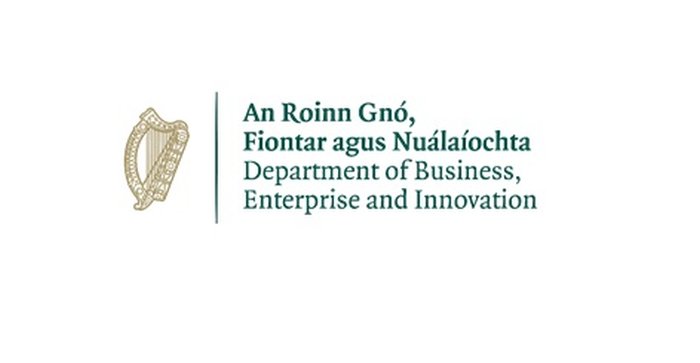
Report finds firm-level concerns about Brexit’s impact on free movement of goods and tariffs
- Minister Humphreys publishes report on the firm level implications of Brexit
- DBEI/Deloitte report engaged with almost 170 firms in sectors most exposed to Brexit
- Report reveals impacts of Brexit likely to be firm specific
Dublin, Ireland, 13th June 2018 – Minister for Business, Enterprise and Innovation Heather Humphreys TD, today (13th June 2018) published the ‘Findings and Insights of the firm-level impact of Brexit on Most Exposed Sectors’. The Department of Business, Enterprise and Innovation (DBEI), jointly with Deloitte, undertook detailed engagement with almost 170 firms.
The report is informed by firm-level insights if they were to be faced with a ‘no deal’/’hard’ Brexit situation. It focuses on the 15 sectors deemed to be most exposed to the implications of Brexit. The research was framed to elicit responses in relation to the four freedoms currently afforded by membership of the EU: freedom to move goods; freedom to provide services; free movement of labour; and free movement of capital.
The findings indicate that the greatest level of concern, regardless of sector, relates to the free movement of goods and the possible imposition of tariffs on trade. Other concerns felt widely include those relating to mutual recognition of standards and the free movement of people. The study highlights that a ‘no deal’ outcome of the negotiations would have serious implications across many aspects of a firms’ operations.
The study also reveals that the impacts of Brexit are likely to be firm-specific. Commenting on the report, Minister Humphreys said:
“This report forms part of a growing body of research commissioned by my Department and the Government on Brexit. As with other recent reports on the issue, it is there to guide us and help us prevent the worst from happening. It is based on insights from firms if they were faced with a worst-case scenario but the reality is that the Government is already taking steps to ensure that the impact of Brexit is minimised. We remain utterly determined to secure the best possible deal for the Irish people, negotiating as part of the EU 27, and in full support of chief negotiator, Michel Barnier.”
Turning to the findings of the report, she said:
“The report underlines that every business is different, whether in terms of the markets they serve or the nature of their operations, and each will be impacted in different ways. This finding validates the approach taken by my Department and our enterprise agencies, which focuses on tailoring supports to meet the needs of the company. With this in mind, I would encourage businesses to engage with the range of supports and services available to help them ensure they are Brexit-ready. Our priority is to build resilience and competitiveness across all sectors.”
“This study uses both quantitative and qualitative tools to assess the concerns raised by firms, and provides a rich data source for use by the Department in our ongoing Brexit related activities,” Minister Humphreys added.
“My Department’s publication, ‘Building Stronger Business’ outlines initiatives to help firms to compete, enable firms to innovate, and support firms to trade in the face of Brexit. One of those is the Brexit Loan Scheme, which makes €300 million in funding to eligible Irish businesses. The Scheme will provide much-needed finance to eligible business impacted by the UK’s decision to leave the European Union”.
By its nature, the information presented in the Report is a point-in-time analysis. Firm responses were collected between February and August 2017. The full Report can be found here: Findings and Insights of the firm-level impact of Brexit on Most Exposed Sectors
ENDS
